Gov. Evers presents 'Badger Bounceback' budget agenda

Gov. Evers presents 2-year ‘Badger Bounceback’ budget agenda
Gov. Tony Evers on Tuesday, Feb. 16 presented his two-year budget agenda -- presented as the ''Badger Bounceback'' -- to the Wisconsin Legislature.
MADISON, Wis. - Gov. Tony Evers called on the Republican-controlled Legislature Tuesday to bolster funding for K-12 and higher education and reform both the state’s criminal justice systems, while delivering a state budget with $1 billion in taxes increases and liberal policy priorities that are almost certainly dead on arrival.
In a recorded address, the governor said it's time for Wisconsin to achieve the future it wants with major investments -- $91 billion over the next two years.
The budget proposal includes more than $1 billion on K-12 education and a continued tuition freeze in the UW System, along with another $190 million in funding.
"At the end of this biennium when all is said and done, the state will again be investing more GPR dollars annually in the UW System than the Department of Corrections," Evers said.
The budget also proposes millions in infrastructure funding, like the I-94 expansion project, and criminal justice reform for both adults and youth.
Helping small businesses, also an item on the "Badger Bounceback" agenda.
"We’re going to put $200 million into helping small businesses affected by the pandemic, including helping them retain and rehire the jobs they’ve lost," said Evers.
Republicans, who did not receive advance notice on what Evers was proposing, were quick to respond Tuesday.
"This to me looks like it is nothing more than a liberal Democrat from Madison's wish list to his donors and to his potential voters as he seeks re-election," said State Rep. Rob Vos (R-Rochester).
Fellow Republicans say some issues, like marijuana legalization and environmental justice, don't belong in this budget -- which would also chew through the state's budget surplus.
"It's no way to do a budget process, and I look forward to working with Sen. Marklein and our budget committee colleagues to jettison these ideas from a budget where they shouldn't have been in the first place," said State Rep. Mark Born (R-Beaver Dam).
The question now is just how close Evers' budget will look to the one Republican lawmakers eventually send to his desk.
Evers concluded his speech calling on his friends in the Legislature ot come together and pass the budget, which doesn't appear likely, at least with this version.
Republicans stopped short of saying they'd just start fresh in the Joint Finance Committee, but did say they'll start by eliminating all divisive policies.

Gov. Evers presents 2-year ‘Badger Bounceback’ budget agenda
Gov. Tony Evers on Tuesday, Feb. 16 presented his two-year budget agenda -- presented as the ''Badger Bounceback'' -- to the Wisconsin Legislature.
State budget proposal highlights
General Budget
- The $91 billion state budget would increase state spending by 7.3% in the first year and 2% in the second. The budget runs from July through June 2023.
Taxes
- Increases taxes in total by about $1 billion.
- Increase the percentage of the federal credit that poor working families with one dependent child may claim from 4% to 16%. It would increase from 11% to 25% for families with two children. Evers estimates that 200,000 tax filers would benefit for an average savings of $350 a year.
- Limit the amount that manufacturers can claim for an existing tax credit to $300,000 a year. That will raise taxes on them by about $485 million over the next two years. Republicans oppose the idea and rejected it in Evers' last budget.
- Eliminate the 30% percent long-term capital gains exclusion for single filers earning more than $400,000 and joint filers earning more than $533,000. The move will increase taxes by about $350 million.
- Raise taxes roughly $540 million to conform with federal law.
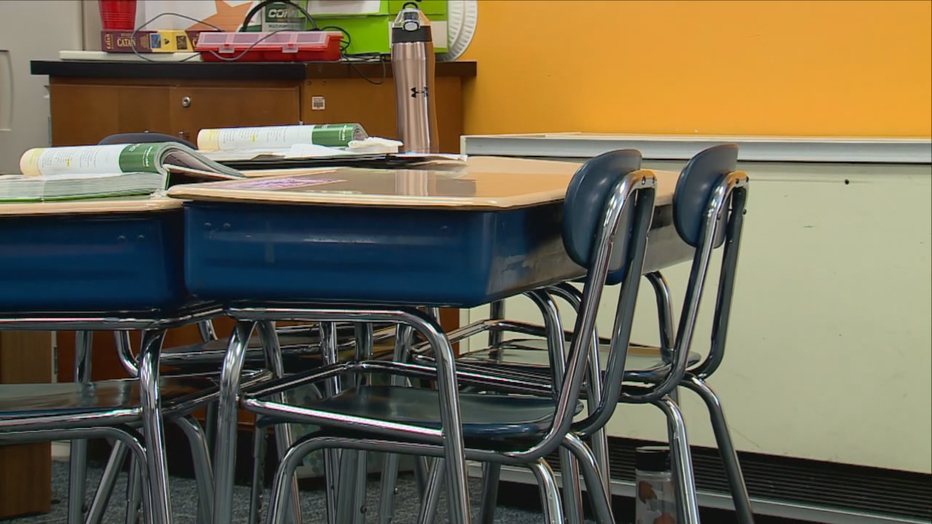
Education
- Continue the University of Wisconsin tuition freeze in place since 2013, but increase overall state funding by about $190 million.
- Allow UW to borrow money, a top priority of university leaders who see it as a way to weather short-term losses caused by the pandemic.
- Increase general aid to K-12 schools by $613 million, the biggest increase in more than 15 years, and restore the requirement that the state provide at least two-thirds funding to schools.
- Cap enrollment in school choice programs in the second year of the budget. Currently enrolled students could continue and new students could be admitted when someone graduates or drops out. Teachers at choice schools would have to be licensed and property tax bills would show how much state aid was sent to private schools.
Transportation
- No gas tax or vehicle registration fee increases.
- $566 million in federal and state money to the major highway program.
- $40 million in bonding to start the oft-delayed Interstate 94 expansion project in Milwaukee County.
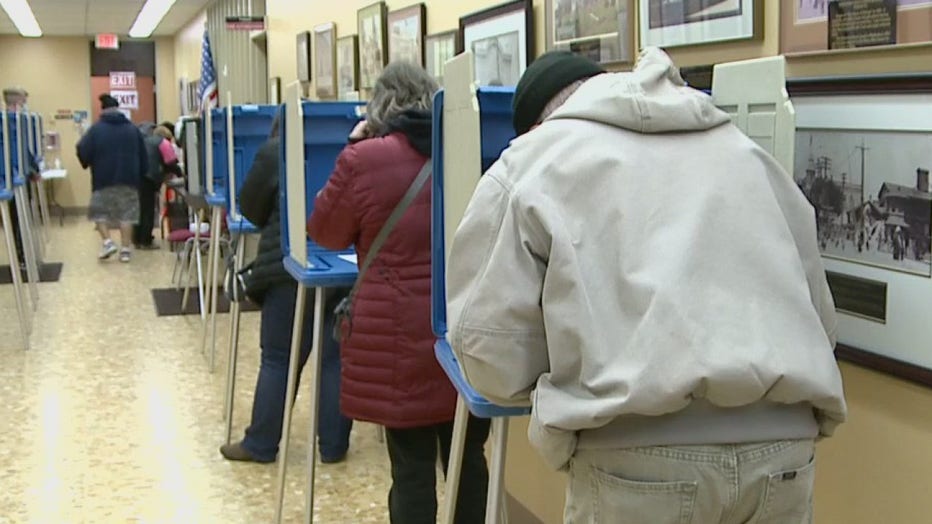
Voting
- Implement automatic voter registration when a person gets a driver's license.
Economic Development
- $200 million for small businesses recovering from the pandemic to retain or rehire former employees.
- $100 million venture capital program to spur economic growth through entrepreneurship.
Health
- Expand Medicaid under the federal Affordable Care Act to cover all low-income residents who earn up to 138% of the federal poverty level. That will provide coverage to 90,900 more people and Evers' administration said it will save $634 million over two years.
- Implement a state-based insurance marketplace.
- Develop a public option health plan to be offered in 2025 or sooner if the Affordable Care Act is repealed.
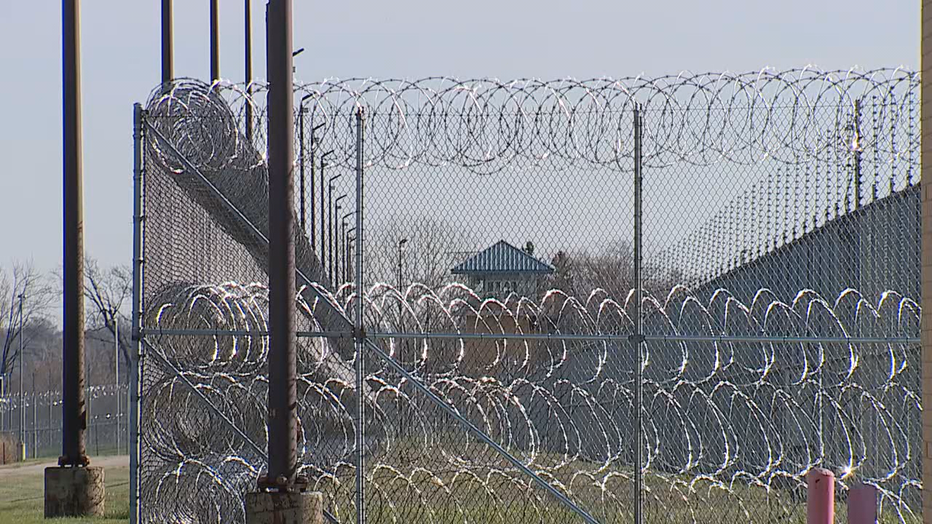
Criminal Justice
- Overhaul the juvenile justice system to create a sentence adjustment procedure for youth under 18; eliminate life without the possibility of extended supervision for juvenile offenders; and prohibit the use of restraints on anyone under the age of 18 when appearing in court.
- Return 17-year-olds to the juvenile court system, rather than treat them as adults as they are currently. Modify the conditions under which a youth under the age of 18 may be waived into adult court and increase the age of delinquency from 10 to 12.
- Counties, rather than the state Department of Corrections, would have responsibility for juvenile offenders.
- Make changes to the way adults are sentenced, released, revoked, and are eligible for expungement with the goal of reducing the state's prison population.
- Establish procedures for processing and storing sexual assault kits.
- Ban the private sale of firearms. Instead, require that nearly all sales be done through federally licensed firearm dealers with background checks conducted on recipients.
- Allow for a judge to order that a person not be allowed to possess a firearm if they are determined to be a danger to themselves or others.
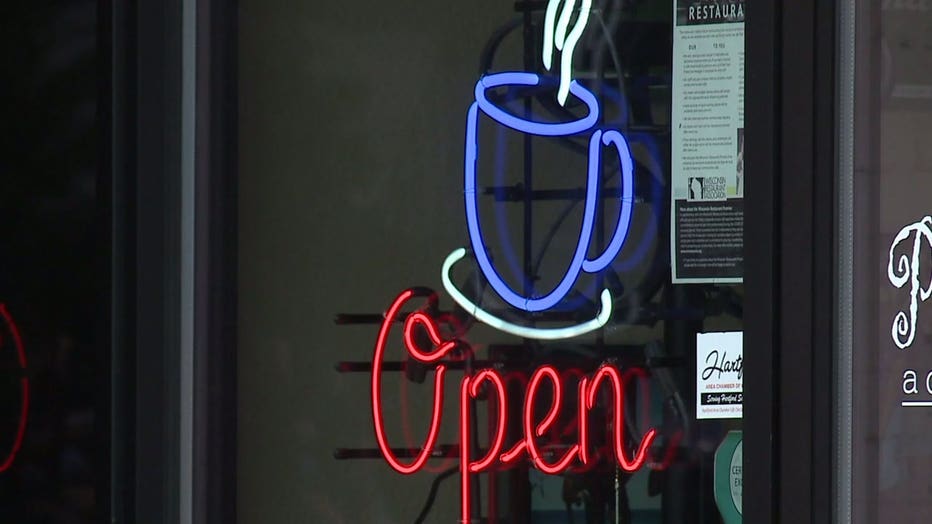
Labor
- Allow front-line workers to have collective bargaining rights, a partial repeal of the Act 10 law passed in 2011. The annual recertification requirement for state and local government bargaining units, as well as the provision that approval by a majority of bargaining unit members is required to certify, would be repealed.
- Increase the minimum wage to $8.60 immediately, $9.40 in 2023, $10.15 in 2024 and increase it annually based on the consumer price index going forward. Increase the minimum wage for state workers to $15 an hour and create a commission to study such an increase for all workers.
- Reinstate prevailing wage requirements for workers on state and local public works projects.
- Repeal the right to work law that prohibits employers from only hiring unionized workers.
- Simplify the state's unemployment insurance law and increase weekly benefits from $370 to $409 and eliminate a one-week waiting period for benefits.
- $79.5 million to modernize the state's unemployment insurance systems, which were overwhelmed last year with the high number of claims filed when the pandemic hit.
Vaping and Marijuana
- Legalize recreational and medical marijuana.
- Increase the age to purchase tobacco and vaping products from 18 to 21, prohibit the use of a vapor product indoors or on school grounds.
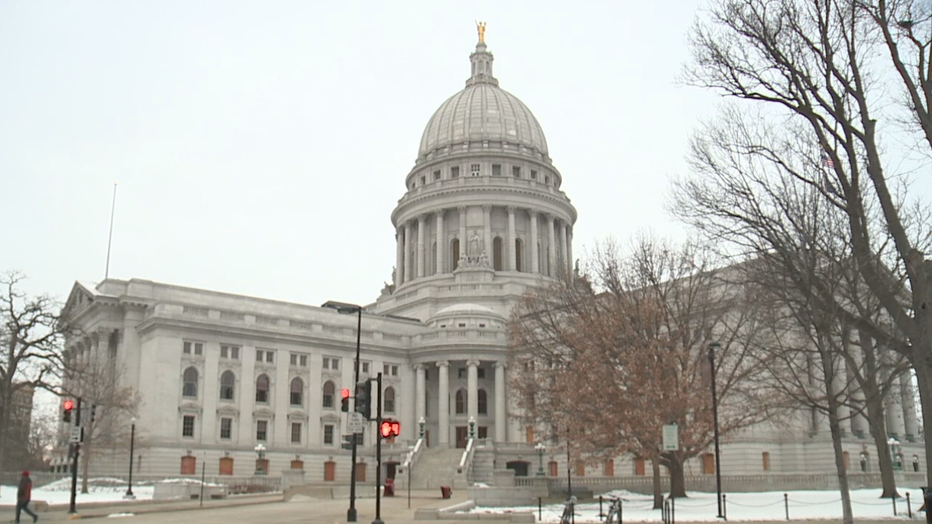
Wisconsin Capitol in Madison
Equity
- Establish a diversity, equity and inclusion program to promote equity in all programs. Create a chief equity officer and 18 equity officers across state government.
- Reinstate domestic partnership benefits for all state and local government employee insurance programs administered by the Department of Employee Trust Funds.
- Make reference to marriages in law gender neutral.
- Specify that employers can’t discriminate based on gender identity
Other
- Require the Legislature to take up the redistricting maps proposed by a commission created by the governor, something Republicans who control the Legislature are certain to reject.
- Allow families with students who are in fourth grade to enter state parks for free.
- Increase pay for state employees by 2% in 2022 and another 2% in 2023.
- Make June 19, known as Juneteenth, a state holiday. The date marks the emancipation of people who had been enslaved in the United States.
FREE DOWNLOAD: Get breaking news alerts in the FOX6 News app for iOS or Android
Featured
DHS: 624 new positive cases of COVID-19 in Wisconsin; 38 new deaths
The number of positive cases of COVID-19 in Wisconsin rose by 624 Tuesday, Feb. 16, officials with the Wisconsin Department of Health Services reported, for a total of 556,332.
Featured
UK variant of COVID-19 detected in Milwaukee in late January
The United Kingdom variant of COVID-19 has been detected in Milwaukee.
Featured
Snow totals from storm that impacted SE Wisconsin Feb. 15-16
The National Weather Service (NWS) collected data from the snowfall that impacted southeast Wisconsin from Monday, Feb. 15 through Tuesday, Feb. 16.

Bucks to allow limited number of fans into Fiserv Forum for upcoming games
The Milwaukee Bucks announced on Tuesday, Feb. 16 that the team will begin to allow a limited number of fans into their home games at Fiserv Forum, beginning Tuesday night against the Toronto Raptors.




